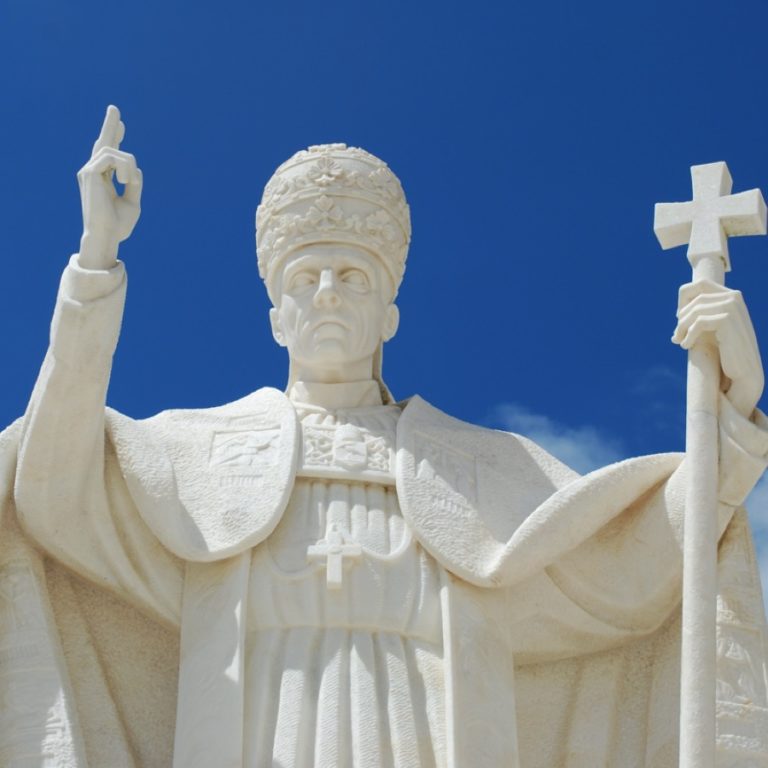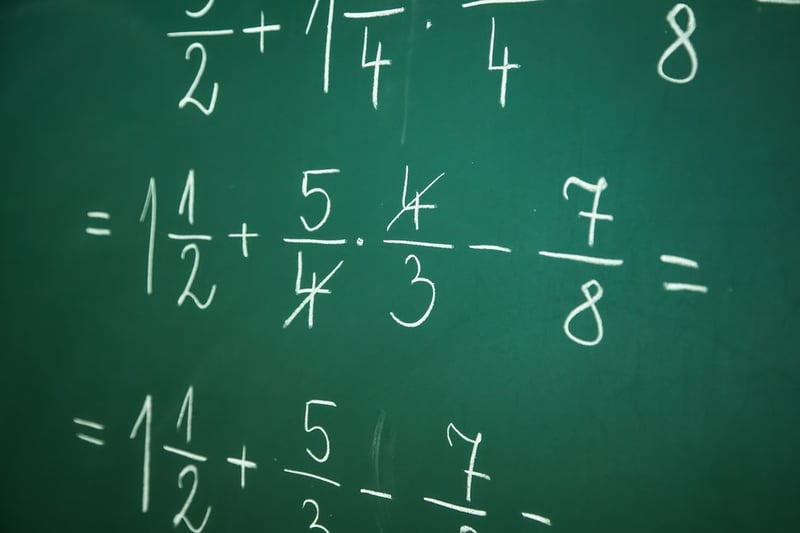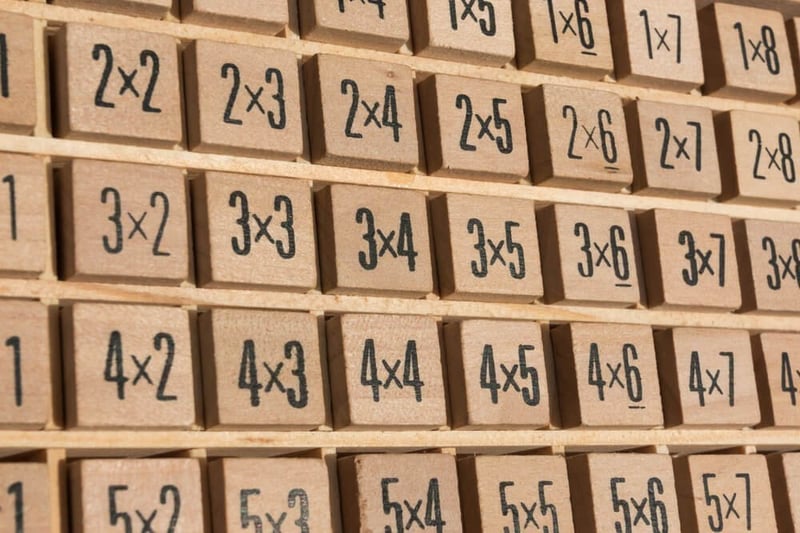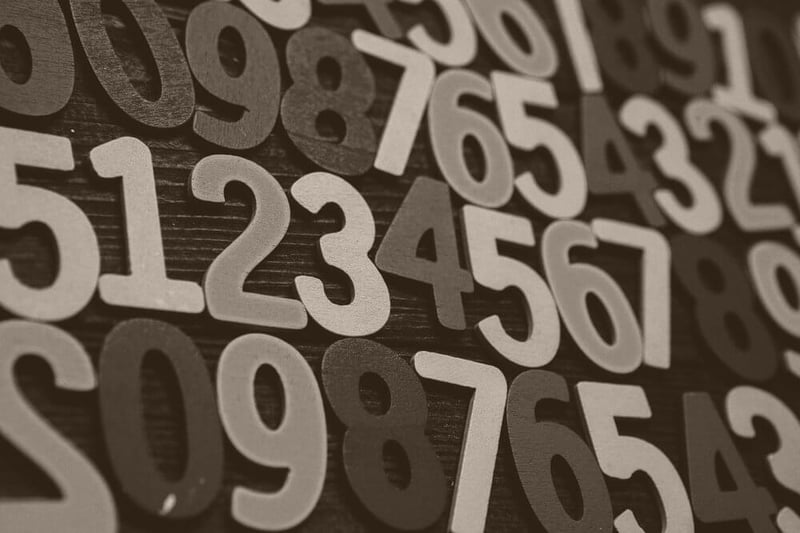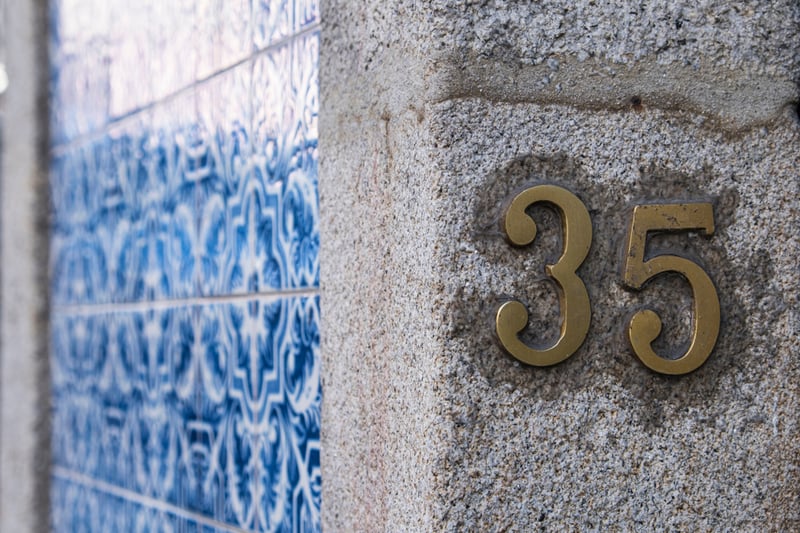Luís describes his sleeping habits.
Horários Tardios
Late Hours
Na Mercearia
At the Grocery Store
A customer asks questions about prices and quantities while shopping for fruits and vegetables.
Ainda Vamos a Tempo!
We’re Still On Time!
A father who’s always early vs. a daughter who’s always late… It’s about time (pun intended) for an episode like this! Language focus: words and phrases related to time and numbers.
O Custo de Vida de Portugal
The Cost of Living in Portugal
Joel and Ana discuss the cost of living in Portugal, highlighting the difference in income needed to live comfortably in Lisbon vs. other areas.
Adoro Viajar!
I Love to Travel!
There are 8 reasons why I love to travel.
O Concerto Da Gisela
The Gisela Concert
Pedro and Rita make plans to go to a concert.
Forming Portuguese Numbers in the Tens, Hundreds, and Thousands
In the Numbers 1 unit, we gave you an overview of many different types of numbers, and we practiced with just 0-19. Now it’s time to pick up where we left off, so we can start using higher numbers. The lessons in this unit will focus on Portuguese numbers in the tens, hundreds, and thousands.
Carolos à Moda da Beira-Alta
Beira-Alta Style Carolos
Learn Portuguese while cooking a delicious meal with this recipe for Beira-Alta Style Carolos.
Dia De Teste
Test Day
Learn useful classroom vocabulary in this Shorty about students receiving some disappointing test results.
Aqueduto Das Águas Livres
Águas Livres Aqueduct
Have you ever noticed the huge structure of pointed arches stretching high above some of the roads and buildings in Lisbon? This is the aqueduct that brought water to many generations of Lisbon’s people for over 200 years.
O Tempo e as Estações
Time And Seasons
A teacher leads his class in a lesson about the calendar. The students answer questions about time, dates, seasons of the year, and weather.
How to Say Large Numbers in Portuguese
In the next couple lessons, we’ll let you practice with large numbers, such as those in the ten-thousands and hundred-thousands. A few reminders: – Remember that 100 is cento when it’s part of a number (i.e. followed by e) – Remember that 100 is just cem when it’s by itself (i.e. not followed by e) Here’s […]
Festa Dos 10K!
10K Party
Rui loses his mind and Joel loses his hearing as they count down to 10,000 followers on Instagram. Obrigado pelo vosso apoio! Don’t forget to join (and follow) us on Instagram for tons of exclusive European Portuguese content!
A Ilha do Pico
Pico Island
Learn about Pico, one of the beautiful islands of the Azores and home to the highest peak in Portugal.
Um Papa Português
A Portuguese Pope
Learn more about the only Portuguese pope elected in two millennia of church history.
À Procura de um Apartamento
Searching For An Apartment
Violeta sets up an appointment to see a 2-bedroom home for rent.
Homem de Ferro
Ironman
Learn more about the international athletics competition known as “Ironman”.
Collective Numbers
Collective numbers are those that even in their singular form indicate a group of beings or things: Sometimes they indicate the exact number of things in the group, as in the example above. A quarteto is a musical group of 4 people. Other times, they are more general:
Fractional Numbers
In this lesson, we’ll learn about , which define exact fractions, or parts, of a given thing. Let’s have a look: List of Portuguese Fractional Numbers Fractional numbers 1/2 – 1/10 Fractional numbers 1/11 – 1/19 Fractional numbers 1/20 – 1/1000
Multiplier Numbers
Multipliers define multiples of a given thing or person. Let’s have a look at a few: Multiplier numbers are always preceded by the definite article o, and they’re paired with the preposition de (or its prepositional contractions).
Ordinal Numbers
Ordinal numbers tell us the order people, animals, or things take in a specific series: They are variable, meaning they must match the subject in gender and number. For example:
Cardinal Numbers
What are cardinal numbers? Cardinal numbers are basically regular ol’ numbers. They simply indicate the number of people, animals, or things. They are invariable, except… The majority of cardinal numbers are invariable, meaning they only have one form. For example, you say três meninos (3 boys) and três meninas (3 girls). There is only one […]
Introduction to Numbers in Portuguese
In this unit, we’ll learn about Portuguese numbers, known as or . Números are just one type of , but they are so important that we thought they deserved their own unit. We’ll explore some of the other quantifiers in the How Much? How Many? unit. But for now, let’s go over the números, which […]



 Joel
Joel Luís
Luís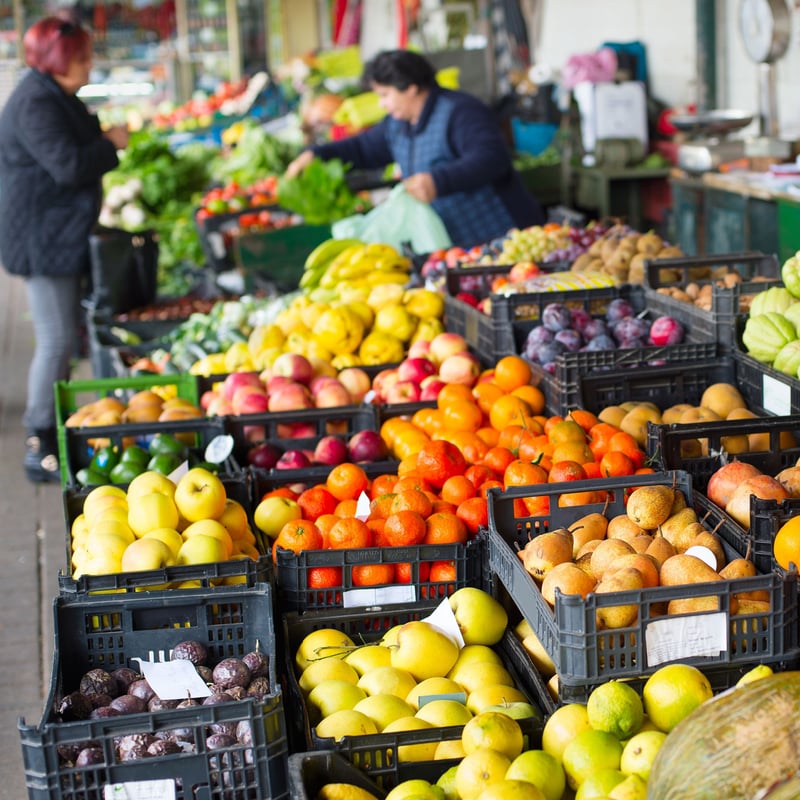
 Eliana
Eliana
 Rui
Rui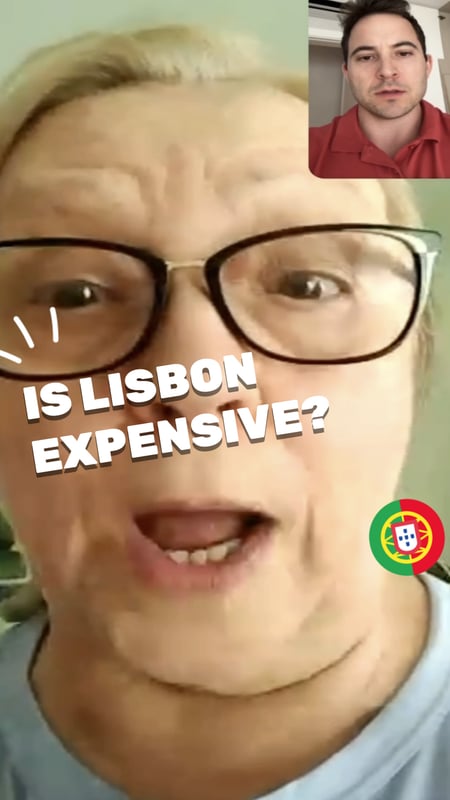
 Ana
Ana

 Mónica
Mónica
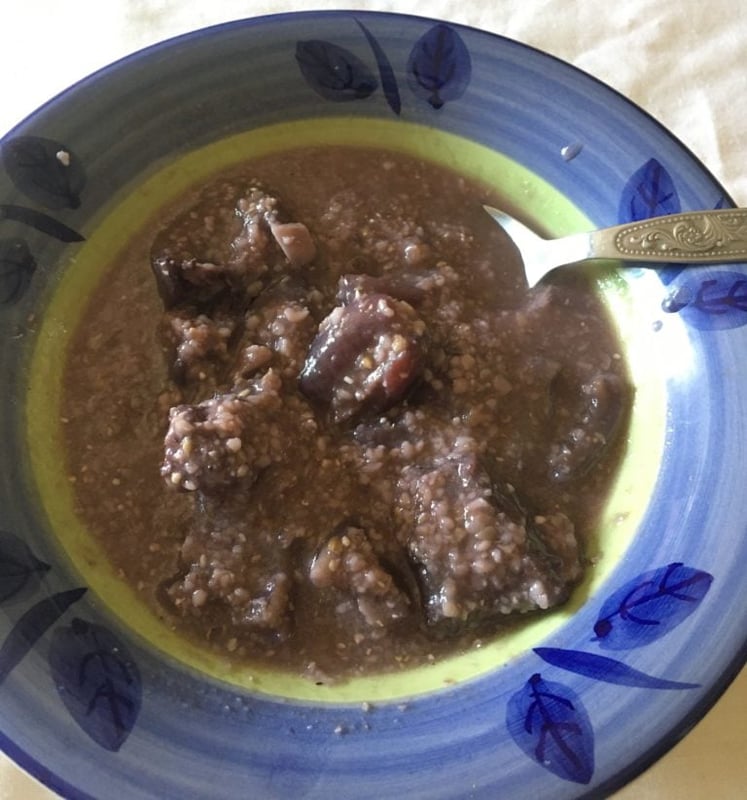
 Pedro
Pedro
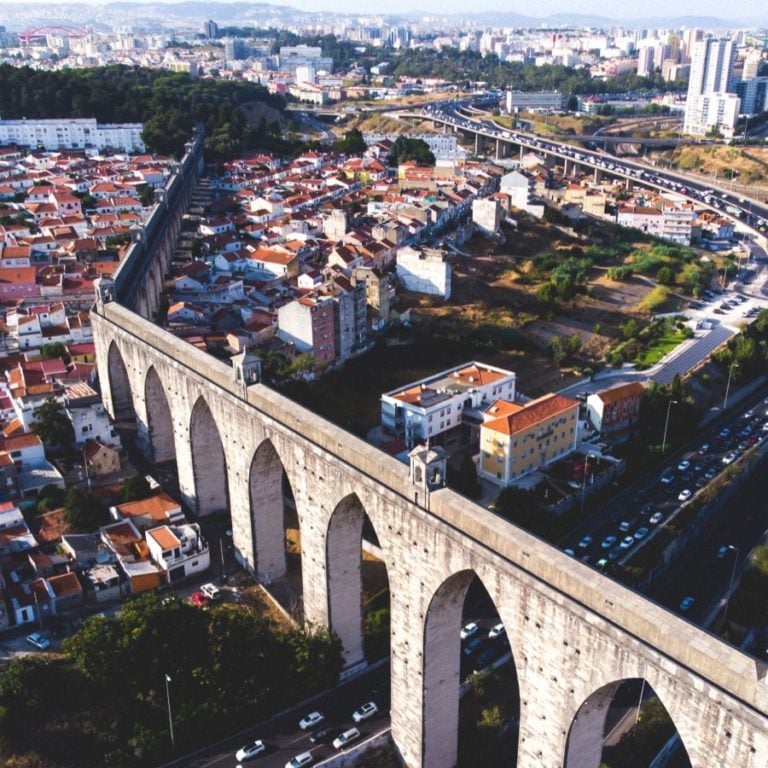
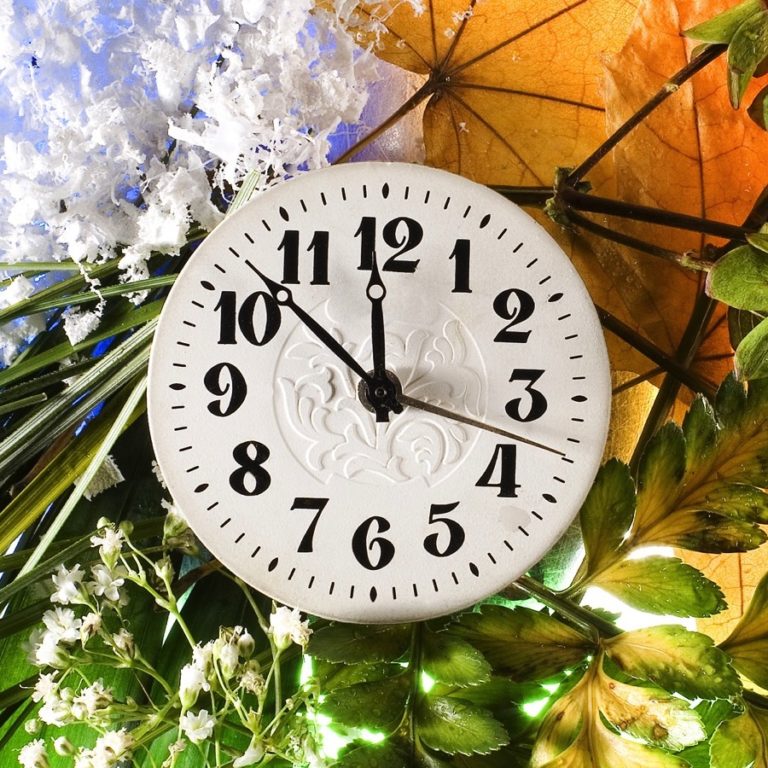
 Eduardo
Eduardo


